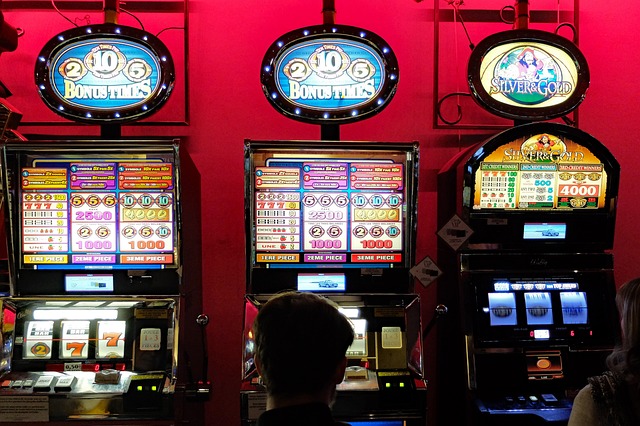In the fabric of global cultures, certain games of chance have hidden themselves, evolving beneath the surface, often out of sight but close to people’s hearts. Today the game is transparent, regulated and just a click away. But it wasn’t always like this; many games have charted their own paths in the darkness, weaving tales of mystery and challenge over the centuries.
The liubo: the lost echo of the Chinese emperors

Let’s dive into the China of the Warring Kingdoms, around 475-221 BC, where the Liubo dominated as a favorite pastime of the emperors. This board game, a cross between strategy and chance, is a mystery: its rules have dissolved in the mists of time. Only fragments of chessboards and isolated pieces survive in the ancient tombs, silent witnesses of an entertainment that once flowed into the golden palaces. A game so beloved, so intricate, has vanished without leaving heirs, which increases its charm and the desire to rediscover its secrets.
The forbidden game of El Salvador: the secret game
In the beating heart of 1950s El Salvador, “El Juego de las Escondidas” flourished in the shadows. Despite its illegality, the game attracted faithful from the night, who gathered in clandestine spaces—behind the facades of innocuous bars or in the secret rooms of houses. Here, the cards were dealt with care, each play was a breath between courage and caution. This game of hiding and subterfuge reflected the life of those who dared to play: a continuous tango with danger, for the pure thrill of challenging fate.
Pengele: the dream lottery in urban Nigeria

In the 1980s, in the crowded streets of Nigerian cities, “Pengele” resonated as a song of hope for the less fortunate. This sort of lottery was the embodiment of the popular dream of a better life, accessible with just a handful of coins. Small victories brought fleeting joy, but the real prize was the moment of escape from the daily struggle for survival. Pengele did not change the lives of many, but it created a sense of community among those who shared the same desperate aspiration.
The secret flourishing of bakuto in Japan
In feudal Japan, the Bakuto, ancestor of the modern Yakuza, orchestrated traveling gambling games. These professional players, respected as well as feared, were masters of manipulating cards and dice, profoundly influencing Japanese culture with their dark charisma and secretive practices.
These games, born and raised in the shadows, tell more than simple pastimes. They reveal how gambling can be a mirror of social tensions, a barometer of human aspirations and a catalyst for community. Every game, every bet, every roll of the dice is one more thread in the rich tapestry of human cultures. On this journey into hidden games of chance, we discover not only ancient entertainments, but also the deep ties that unite humanity in the universal desire for challenge, risk and, perhaps, a pinch of luck.
